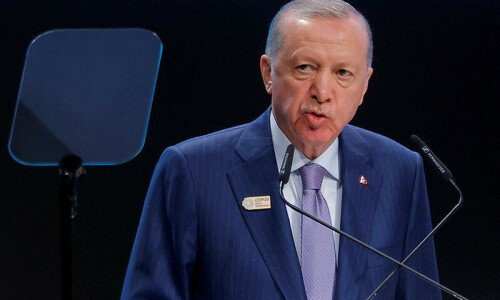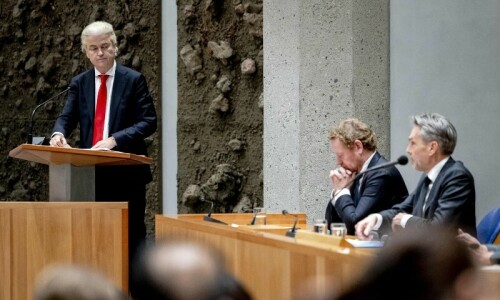NEW DELHI: India's struggling car industry appealed to the government on Wednesday for easing the taxes to help reverse an unprecedented slowdown in sales in the once-booming sector.
Car sales slid by more than seven per cent in July, according to the latest figures, marking a record ninth straight month of decline as an economic slump and high fuel prices and interest rates kept buyers out of showrooms.
The car market, seen as an important barometer of overall economic health, needs the government to act to help arrest the sector's decline, said S. Sandilya, the president of the Society of Indian Automobile Manufacturers (SIAM).
Sandilya said the sector needed a “more moderated tax and excise duty structure” to help pull the industry out of its slump.
SIAM represents close to 50 vehicle and engine manufacturers nationwide.
Indian Heavy Industries Minister Praful Patel agreed that times were “challenging for the automobile industry”.
“There is genuinely a case for stimulus for the auto industry,” Praful told the meeting in New Delhi.
The market's downturn is in sharp contrast to the previous decade when car sales grew by 20 to 30 per cent – prompting foreign giants from Ford to Volkswagen to make a beeline for India as they sought to boost sales globally.
Patel said his ministry was discussing ways with the finance ministry and other government departments to provide a boost.
The automobile industry is a key sector employing some 19 million people directly or indirectly and accounting for seven percent of gross domestic product, according to SIAM.
A plunge in the value of Indian's currency has raised costs for the sector by increasing the price of raw materials and has dashed hopes of interest rate cuts that would kick-start consumer demand and spur the economy, which grew at a decade-low of five per cent last year.
Last year, domestic passenger car sales fell by 6.7 per cent to 1.89 million from a year earlier – the first contraction in a decade. SIAM has declined to set a sales target for this year.
Anil Sharma, an analyst at international research group IHS, told AFP on the sidelines of the conference that “the mood is certainly not positive with increasing fuel prices putting additional pressure on the sector”.
Sharma saw little likelihood of an upturn in the car market until possibly the start of next year “when we might see some stabilisation of the rupee”, which could allow the central bank to lower rates and encourage buying.














































Dear visitor, the comments section is undergoing an overhaul and will return soon.